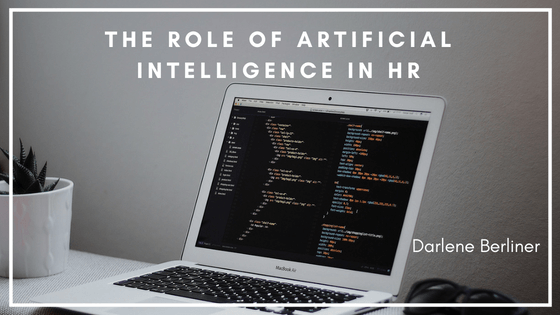With the concept of artificial intelligence (AI) rapidly becoming a significant conversation in every industry, human resource executives are paying close attention. The wide appeal of AI represents the promise of increased efficiency (performing monotonous tasks more quickly than a human) and with zero mistakes. However, while the idea sounds great provisionally, rushing to adopt a new technology can create added stress and challenges.
In order to minimize risk, HR executives must remain cognizant that certain business functions necessitate more robust analysis and focus, before implementing AI pervasively throughout the organization. For HR executives looking to test the waters of AI, the following areas may serve as the safest place for implementation.
Interview Scheduling
In startup companies that are growing quickly, hiring as efficiently as larger more mature organizations can prove challenging. Even after employing a dedicated recruiter to assist with the process, the simple details of scheduling interviews can prove time-consuming. When working with the schedules and availabilities of multiple people, finding a window of time that works for all parties can be a challenge. With solutions like X.ai, hiring managers can utilize an online system, which generates an automated email “bot” and ultimately takes over the routine tasks of corresponding with an applicant to find a time slot that works for all parties. Subsequently, a calendar invitation is emailed to all participants involved in the interview. This system works not only for scheduling interviews, but for the busy CEO receiving multiple requests for meetings.
Finding Similar Employees
“I wish we could make ten clones of employee John Smith!” This is a phrase uttered in nearly every workplace with some frequency. With data and artificial technology becoming increasingly powerful, there are new solutions created for employers to enter information and characteristics about their top-performing employees. Using an algorithm to comb through and analyze data, solutions like Career Spark aim to provide statistical information and assistance in identifying the best fit.
Employee Training
Through electronic employee reviews and training programs, AI can identify weak areas within a service business (such as restaurants), and make suggestions to managers around increased training programs or re-training initiatives for employees requiring additional help. This solution helps save a manager hours of time by eliminating the need to review evaluations and training program results. AI can also help make existing online training more effective. By measuring how long an employee spends watching a video, or how quickly they answer a quiz, AI can make suggestions on how to shorten or lengthen an online training program.
Darlene Berliner is a passionate and talented HR professional with over 15 years of human resource leadership experience. For more information and insights, follow Darlene on Twitter.

